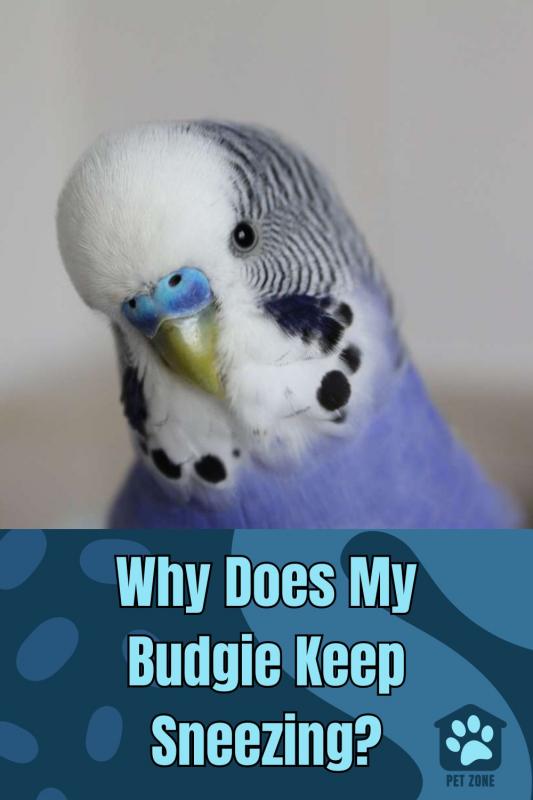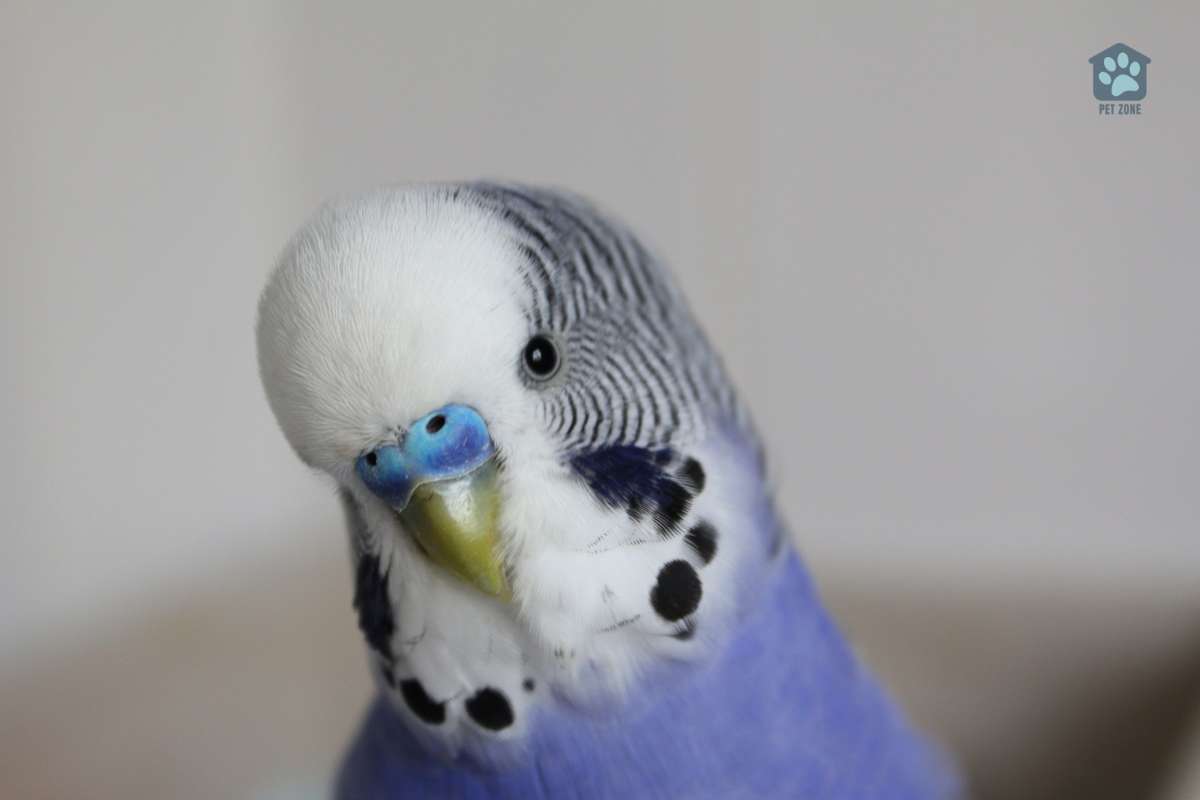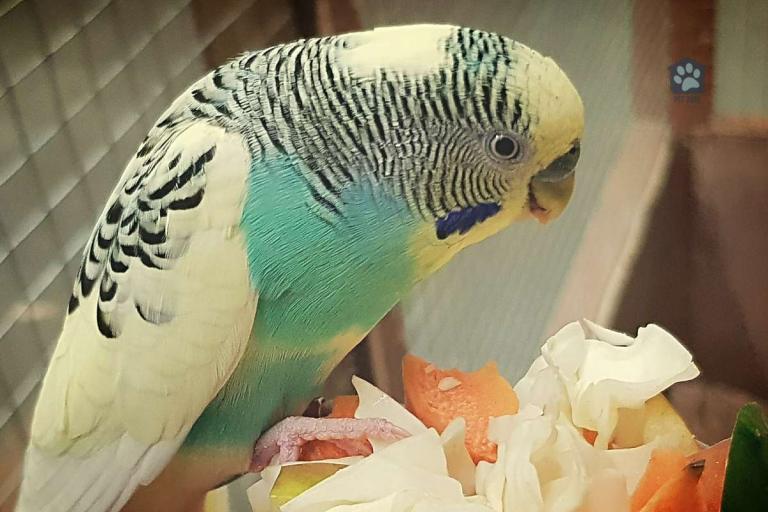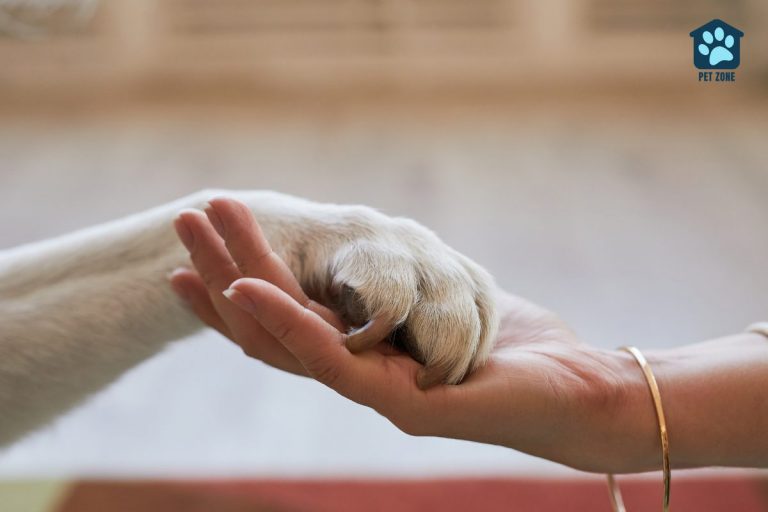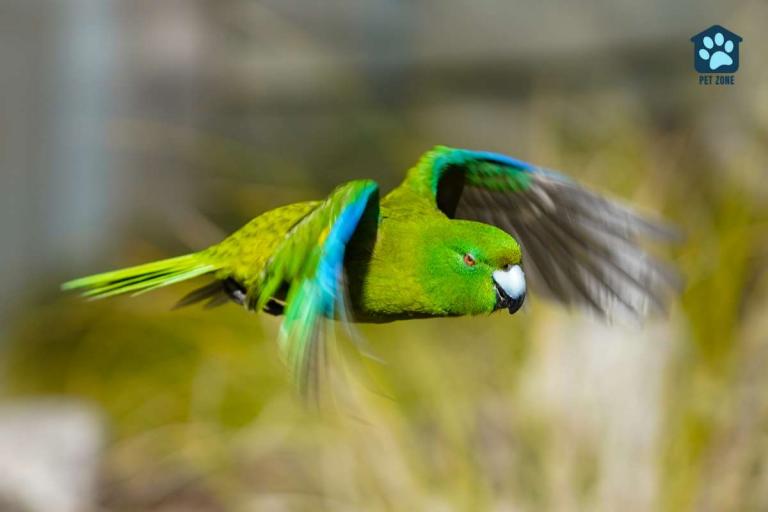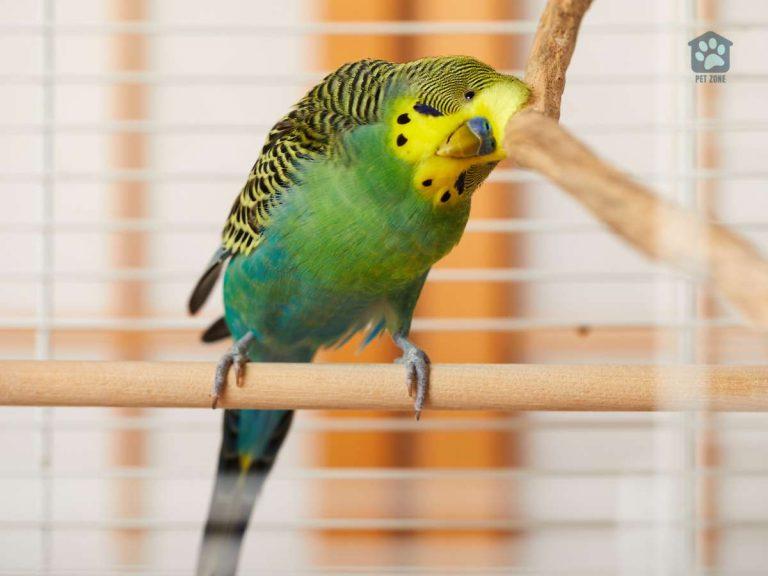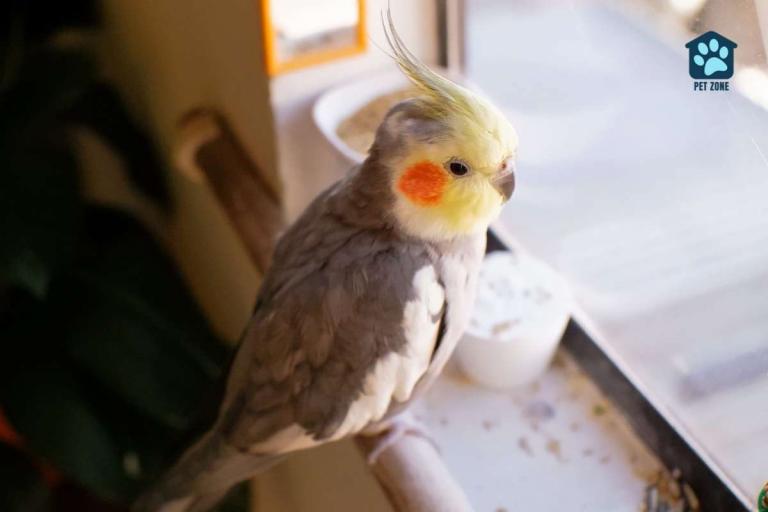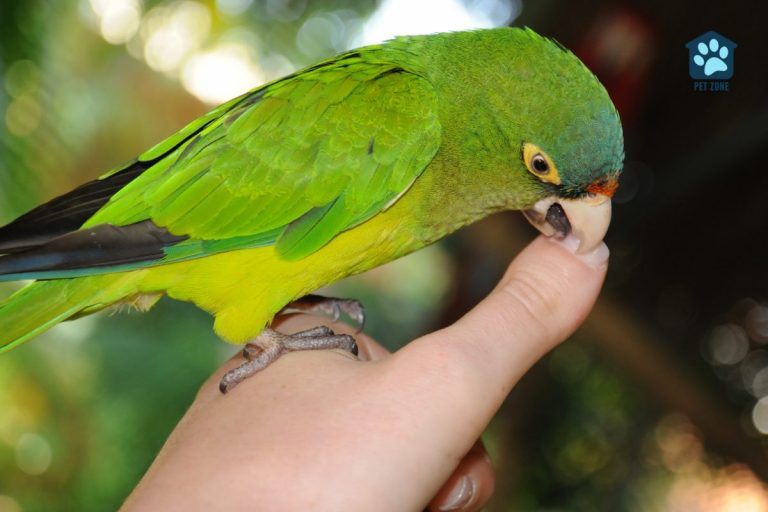Estimated reading time: 9 minutes
Should you be worried if your budgie is sneezing? This is a common occurrence in these petite birds that often leaves budgie owners searching for answers. In this article, we’ll delve into the reasons behind your budgie’s sneezes and provide strategies to alleviate it.
Key Takeaways
- Parakeets sneeze for various reasons, including dust and airborne particles, dry air, allergies, infections, foreign bodies, irritants, and stress.
- Excessive sneezing in parakeets accompanied by other symptoms such as nasal discharge or coughing should raise concerns and prompt a visit to the veterinarian.
- To help a sneezing parakeet, provide a clean and dust-free environment, ensure proper humidity levels, regularly clean and inspect the cage, and consult a veterinarian for diagnosis and treatment.
Reasons Why Budgies Sneeze
Your budgie may sneeze for various reasons, including dust and airborne particles, dry air, preening, allergies, infections, foreign bodies, irritants, and stress.
Dust and airborne particles
Dust and tiny bits that fly in the air can make a parakeet sneeze. These pieces can get into their nose and bother them. The bird’s own feathers can also add to this dust. Even cleaning your house might stir up dust in the air.
This may cause your budgie to sneeze more than usual. If there is a lot of dust, it could harm the bird’s lungs, making it hard for them to breathe. To help with this issue, keep your pet’s cage clean and away from dusty places.
Dry air
Dry air can make a parakeet sneeze. This is because dry air can bother the bird’s nose. A budgie lives in warm, moist places in the wild. So, too much cold or dry air is not good for it. If you keep your house very warm with heat, this makes the air dry. The same happens when you cool your home too much with an air cleaner.
To help your budgie, you need to keep the air in its cage just right–not too wet and not too dry. You can use a humidifier to put more water into the air if it is very dry at home.
Make sure that fresh air comes into your budgie’s space often but don’t put them near drafts or open windows where cold or hot breezes come through directly onto their cage as this could add to why they’re sneezing due to temperature change as well!
Preening
Parakeets spend a lot of time preening. They use their beaks to clean and manage their feathers. This keeps them healthy and looking good. But, sometimes while preening, they might get some dander or food bits in their nose.
This can make the parakeet sneeze. It’s normal for this to happen when they are grooming themselves. Preening also helps them get rid of bugs or things that bother them on their skin or feathers.
Allergies
Parakeets can have allergies, just like humans. They can be allergic to things like pollen, mold, certain foods, cleaning supplies, and other fabrics or products. These allergies can make them sneeze.
When a parakeet is exposed to something they’re allergic to, it can irritate their nose and respiratory system, causing them to sneeze more frequently than usual. It’s important for pet owners to keep an eye out for signs of allergies in their parakeets and take steps to reduce their exposure to the allergens that trigger the sneezing.
Infections
Parakeets can sneeze because of infections. This can include viral illnesses, bacterial infections, or fungal infections. Infections in birds can lead to more serious health problems.
So if your parakeet is sneezing a lot and has mucus coming out of its nose, it could be a sign of a respiratory disease. It’s important to take your parakeet to the vet as soon as possible for diagnosis and treatment.
Foreign bodies
Foreign bodies, such as dust or dander, can irritate a parakeet’s respiratory system and cause them to sneeze. Birds have sensitive nasal passages, and when they come into contact with foreign particles in the air, it triggers a reflex action to clear their airways.
These foreign bodies can include dust, pollen, feathers, or other airborne particles that may enter the bird’s nose while flying or preening. Sneezing is a natural way for the bird to expel these irritants and keep their airway clear.
However, if your parakeet is sneezing excessively or showing signs of respiratory distress like coughing or difficulty breathing, it may indicate a more serious issue such as an infection or an object lodged in its airway.
Irritants
Parakeets can sometimes sneeze due to irritants in their environment. Common irritants include dust, cleaning products, scented candles, and air fresheners. These substances can irritate your bird’s respiratory system and cause them to sneeze.
To prevent this, it is important to keep your parakeet’s cage clean and free from dust or any potential irritants. Additionally, avoid using strong fragrances around your bird as they can trigger sneezing episodes.
By creating a clean and safe environment for your parakeet, you can help minimize the risk of irritation and keep them healthy.
Stress
Stress can have an impact on a budgie’s health. Although it doesn’t directly cause sneezing, stress weakens their immune system and makes them more susceptible to infections and other issues.
When a budgie is stressed, it can affect their overall well-being and immune function. So, while sneezing itself may not be caused by stress, managing stress in your budgie’s environment is important for maintaining their health and preventing respiratory problems.
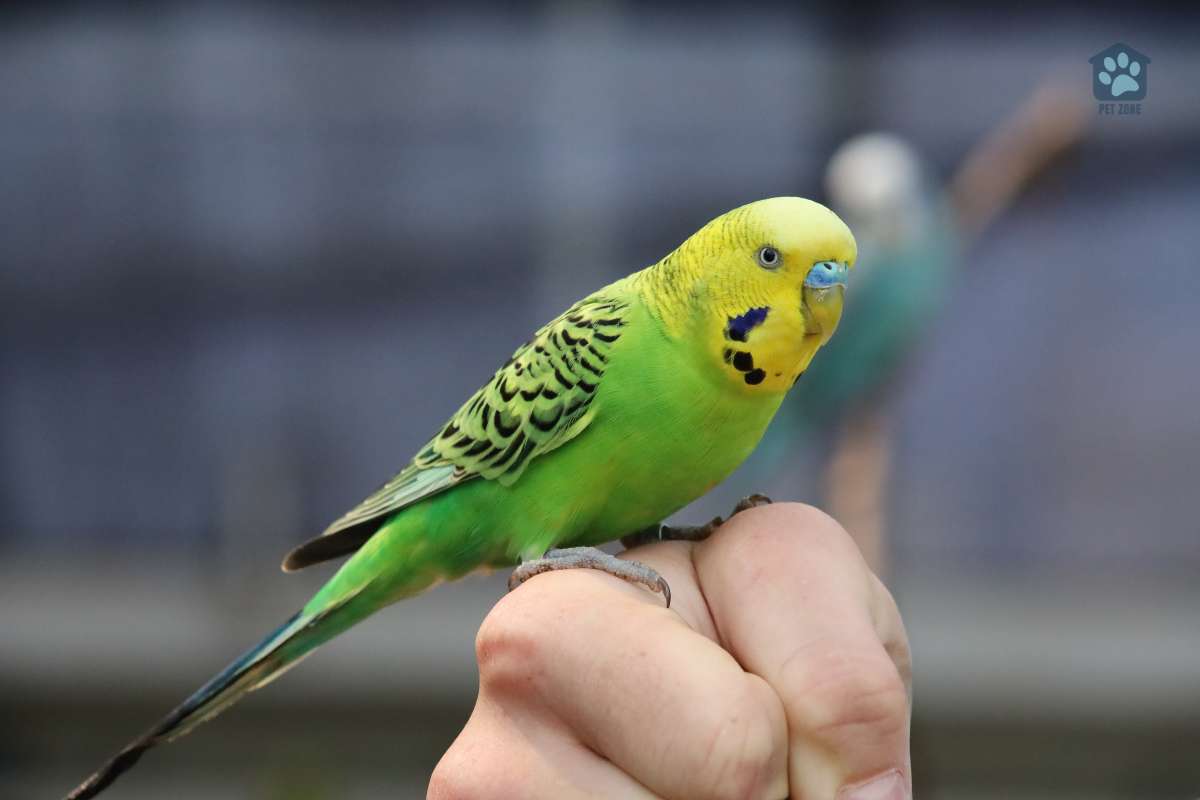
How to Treat a Sneezing Budgie
To help a sneezing parakeet, provide a clean and dust-free environment, ensure proper humidity levels, regularly clean and inspect the cage, and consult a veterinarian for diagnosis and treatment.
Provide a clean and dust-free environment
To help your parakeet with sneezing, it’s important to provide a clean and dust-free environment. Here are some ways to do that:
- Keep the area around the cage free from dust and allergens.
- Avoid using air fresheners or scented candles near your parakeet, as they can irritate their respiratory system.
- Use an air purifier or filter to remove dust and particles from the air.
- Keep your parakeet away from drafts or areas with excessive lint in the air.
Ensure proper humidity levels
Proper humidity levels are important to keep your parakeet healthy and prevent sneezing. Here’s how you can ensure the right humidity for your bird:
- Use a hygrometer to measure humidity levels in the bird’s environment.
- Aim for a humidity range of 40 – 60%.
- If the air is too dry, use a humidifier to add moisture to the air.
- On the other hand, if the air is too humid, use a dehumidifier or air conditioner to reduce moisture.
- Avoid placing the bird’s cage near windows or drafts, as these can affect humidity levels.
Regularly clean and inspect the cage
Cleaning and inspecting the cage is important for keeping your parakeet healthy. Here’s what you need to do:
- Remove any droppings or soiled bedding from the cage daily.
- Wipe down the bars and surfaces of the cage with a mild, bird-safe cleaner weekly.
- Replace the bedding or lining material regularly to prevent bacteria buildup.
- Check for any signs of mold, mildew, or infestations in the cage and clean them immediately.
- Inspect toys, perches, and food dishes for dirt or debris, and clean or replace them as needed.
- Clean and disinfect any accessories like water bottles or bath bowls regularly.
- Ensure proper ventilation in the cage to prevent the buildup of irritants that can trigger sneezing.
Sneezing Fits, Runny Nose: When Should You Take Your Parakeet to the Vet?
Sneezing in parakeets becomes a problem when it is excessive and accompanied by other symptoms such as nasal discharge or coughing.
Identifying excessive sneezing
Excessive sneezing in parakeets can be a sign of respiratory distress or illness. While occasional sneezing is normal, frequent and continuous sneezing should raise concerns. Watch out for other symptoms like mucus discharge, coughing, or difficulty breathing.
If your parakeet is showing these signs, it’s important to take them to a vet as soon as possible. These symptoms could indicate a respiratory infection or some other underlying health issue that needs attention.
Monitoring for other symptoms
If your parakeet keeps sneezing, it’s important to monitor for other symptoms that could indicate a problem. Keep an eye out for coughing, nasal and eye discharge, and rattled breathing.
These could be signs of respiratory distress or a possible cold or infection. Also, pay attention to the strain and frequency of the sneezing, as well as any unusual nasal discharge.
Monitoring these symptoms will help you determine if your parakeet needs veterinary care.
Consult a veterinarian for diagnosis and treatment
If your parakeet is sneezing excessively or showing other symptoms of illness, it is important to consult a veterinarian. They will be able to properly diagnose the underlying cause of the sneezing and recommend an appropriate treatment plan.
Remember, a veterinarian has the expertise and knowledge to provide the best care for your pet bird. Seeking professional help can ensure that your parakeet gets the necessary treatment and recovers quickly.
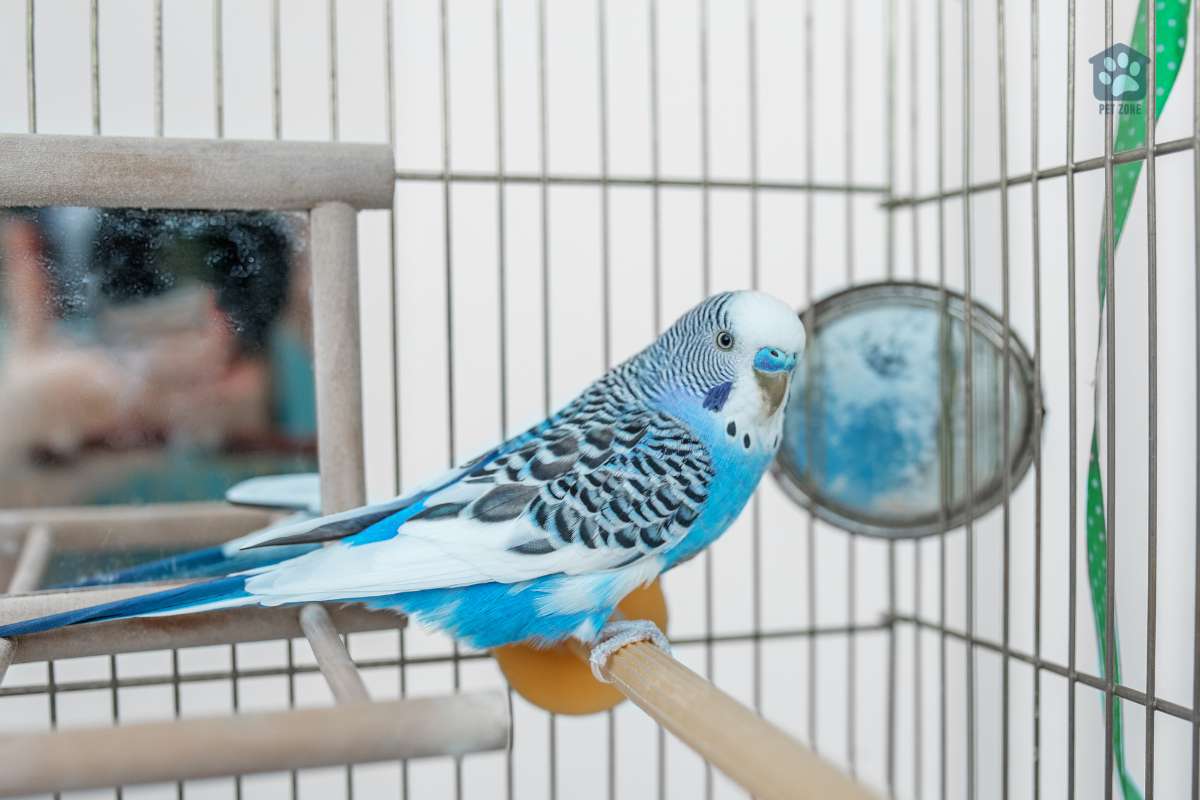
Conclusion
Sneezing in parakeets can occur due to a variety of reasons such as dust, dry air, allergies, or infections. While occasional sneezing is normal for these birds, excessive or persistent sneezing may indicate an underlying issue that requires veterinary attention.
To help your sneezing parakeet, provide a clean environment and consult a veterinarian for proper diagnosis and treatment. It’s important to ensure the health and well-being of your feathered friend by addressing any respiratory concerns promptly.
Frequently Asked Questions
Parakeets will sneeze when something irritates their nose like dust or fine particles, but if your parrot keeps sneezing it may be due to a cold, allergy, or even a respiratory infection.
Yes! It’s normal for budgies to sneeze from time to time if there is dust in the air. Make sure the air is clean and free of things that could irritate the bird’s nose.
Avoid placing your bird too close to windows in case of drafts and use an air filter to keep the environment clear. However, if you detect other signs of illness that accompany the sneezing, it may be time to take your bird to the vet.
A runny nostril can accompany occasional bird’s nose-clearings but constant discharge might mean their health needs checking by an avian vet.
If you see coughing with your bird’s nasal discharges or they appear unwell, take your bird to an avian vet right away to check possible causes and prescribe treatment options.
Even if symptoms seem mild like just one nostril running along buds’ sudden bouts of flaring allergies; changes in behavior often signal more serious issues needing treatment by vets who specialize in birds’ wellness care.
As an Amazon Associate I earn from qualifying purchases.
